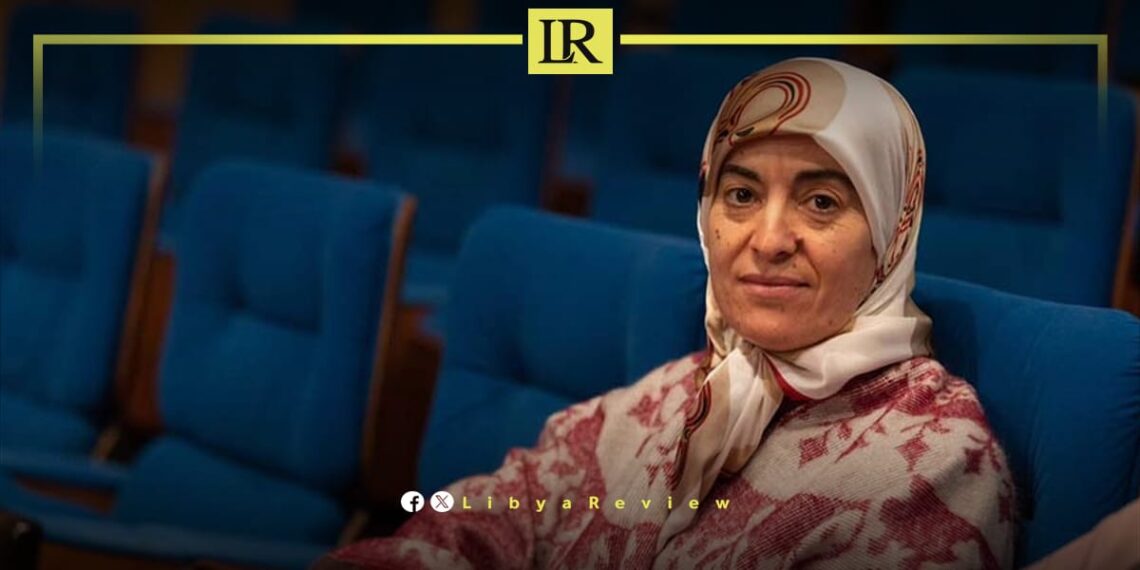The Libyan High Council of State (HCS) is preparing to send its chosen nominee for the presidency of the High National Election Commission (HNEC) to the House of Representatives for official endorsement, marking a potential step forward in the long-delayed process of restructuring key sovereign institutions.
According to Amna Al-Mahjoub, a member of the HCS Committee on Sovereign Positions, the ten-day deadline for reshaping the HNEC leadership will expire on Tuesday. She said it is likely that the Council will hold a vote to select one candidate from a list of seven nominees before forwarding the name to the House of Representatives for approval.
Al-Mahjoub noted that the mechanism for appointing sovereign position holders remains unclear, even within the committee itself, reflecting the institutional ambiguity that continues to hinder progress on critical appointments.
The HCS is set to convene a plenary session on Monday to discuss updates on the sovereign positions file, including the HNEC presidency and other leadership roles. The session’s agenda will also focus on the Administrative Control Authority and the National Anti-Corruption Commission, both of which have faced deep divisions and corruption allegations.
Libya’s electoral process has been stalled since the postponement of the December 2021 elections, with the leadership of the HNEC—currently headed by Emad Al-Sayeh—playing a crucial role in determining the readiness and credibility of any future vote.
Analysts view the ongoing negotiations between the HCS and the House of Representatives as a test of the two bodies’ ability to reach consensus on sovereign positions essential for rebuilding trust in Libya’s political institutions.


